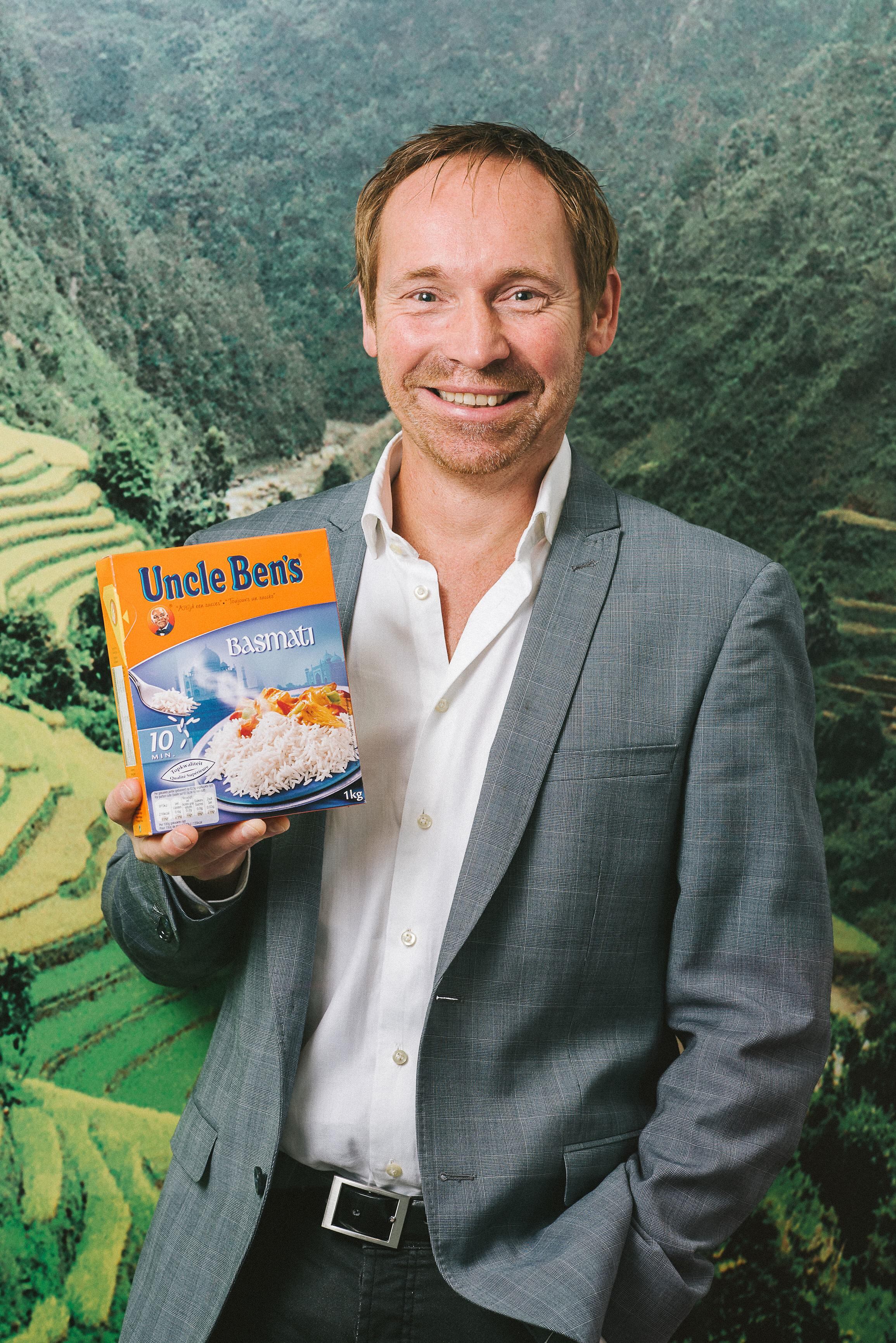Mars Food and partners are looking at ways to map its supply chains and connect customers with farmers through transparency and image recognition.
Luc Beerens, global sustainable sourcing director for Mars Food, said it already works with SGS in many countries.
What each partner brings

Beerens joined Mars almost 25 years ago and has been working in Mars Food since 2006.
“SGS provides credibility, Transparency-One tool provides transparency through supply chain mapping and proactive risk management, and Blippar provides engagement through its mobile application, enabling shoppers to scan the Uncle Ben’s pack and get connected with our farmers,” he said.
“We’re committed to providing transparency in our supply chains back to the initial source: knowing the regions where our materials are coming from and how they are being produced, understanding the impact production has on the farmers, the communities, and the planet.
“By bringing this clarity, we know where we need to act and help deliver positive change. The solution SGS is offering will help us meet our responsibility to provide more information to customers and consumers, building trust and demonstrating a commitment to sustainable sourcing.”
Mars also co-founded the Consortium for Sequencing the Food Supply Chain in 2015 with scientists from IBM Research.
Bio-Rad joined in 2016 and the partners are using metagenomics to observe microbial communities in food and detect hazards in the supply chain that can threaten safety.
Changes in five areas
Beerens said the ambition is to source materials in a sustainable way and make changes in five areas most material to the business: greenhouse gas emissions, water, land, human rights and income.
“In 2015, we made a commitment to source all of our rice from farmers who are working towards the Sustainable Rice Platform standard by 2020,” he said.
“We are making this commitment to reduce our environmental footprint, ensure a consistently high quality supply of rice for our business, and improve the lives of rice farmers in our value chain.”
Mutuality and responsibility are two of the key principles followed at Mars, said Beerens.
“In our rice supply chain, our Mutuality Principle guides our work supporting our farmers, helping them learn more sustainable growing techniques so they can improve yields and income, and grow a high-quality rice product,” he said.
“Our Responsibility Principle guides us in embracing the important role we can play in leading the world toward more sustainable rice and protecting our planet for the next generation.”
SGS is an inspection, verification, testing and certification company with more than 90,000 employees as well as 2,000 offices and laboratories globally.
Transparency-One combines graph database technology, supply chain expertise and global supplier onboarding services to help stakeholders reduce business risk.
The firm was spun-off from Trace One, the private label product lifecycle management (PLM) software experts in 2016, and SGS acquired a 20% stake in Transparency-One at the same time.
Blippar uses image recognition, augmented reality and computer vision technologies to bridge the physical and digital worlds through smart devices.
